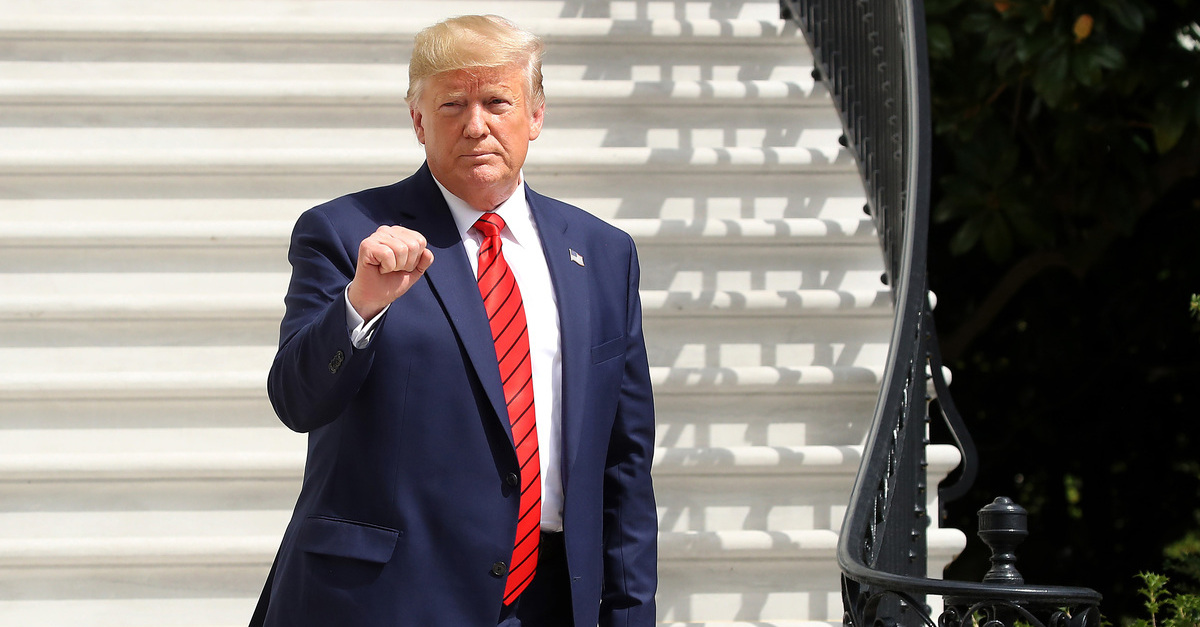
The U.S. Supreme Court on Monday issued an order allowing the Trump administration to move forward with one of its most ambitious policies to curb legal immigration by permitting the White House to begin denying entry to immigrants deemed likely to become dependent on public-assistance programs. In a 5-4 decision along ideological lines, the justices removed a nationwide injunction imposed by a New York U.S. district judge, freeing the administration to move forward with its “public charge” rule while myriad lawsuits are adjudicated.
Under the rule, most petitioners seeking a visa or green card will be required to prove that they will not become a public charge – one who is dependent upon the state – or an economic burden to the country.
The five-page decision penned by Justice Neil Gorsuch, reasoned that the district court’s nationwide injunction was too broad in scope, preventing the government from enacting its policy against those not involved in the litigation.
“When a district court orders the government not to enforce a rule against the plaintiffs in the case before it, the court redresses the injury that gives rise to its jurisdiction in the first place,” Gorsuch wrote. “But when a court goes further than that, ordering the government to take (or not take) some action with respect to those who are strangers to the suit, it is hard to see how the court could still be acting in the judicial role of resolving cases and controversies. Injunctions like these thus raise serious questions about the scope of courts’ equitable powers under Article III [of the U.S. Constitution].”
Gorsuch went on to call out the nation’s lower federal courts for the “widespread practice” of issuing such universal injunctions, saying the Supreme Court must put an end to such orders. That, it so happens, is an opinion shared by Attorney General William Barr and former AG Jeff Sessions.
“As the brief and furious history of the regulation before us illustrates, the routine issuance of universal injunctions is patently unworkable, sowing chaos for litigants, the government, courts, and all those affected by these conflicting decisions,” Gorsuch wrote. “Rather than spending their time methodically developing arguments and evidence in cases limited to the parties at hand, both sides have been forced to rush from one preliminary injunction hearing to another, leaping from one emergency stay application to the next, each with potentially nationwide stakes, and all based on expedited briefing and little opportunity for the adversarial testing of evidence.”
Gorsuch was joined in his opinion by Justice Clarence Thomas.
Justices Ruth Bader Ginsburg, Stephen Breyer, Sonia Sotomayor, and Elena Kagan said they would have left the district court’s injunction in place.
Read the full decision below:
SCOTUS Injunction Opinion by Law&Crime on Scribd
[image via Mark Wilson/ Getty Images]